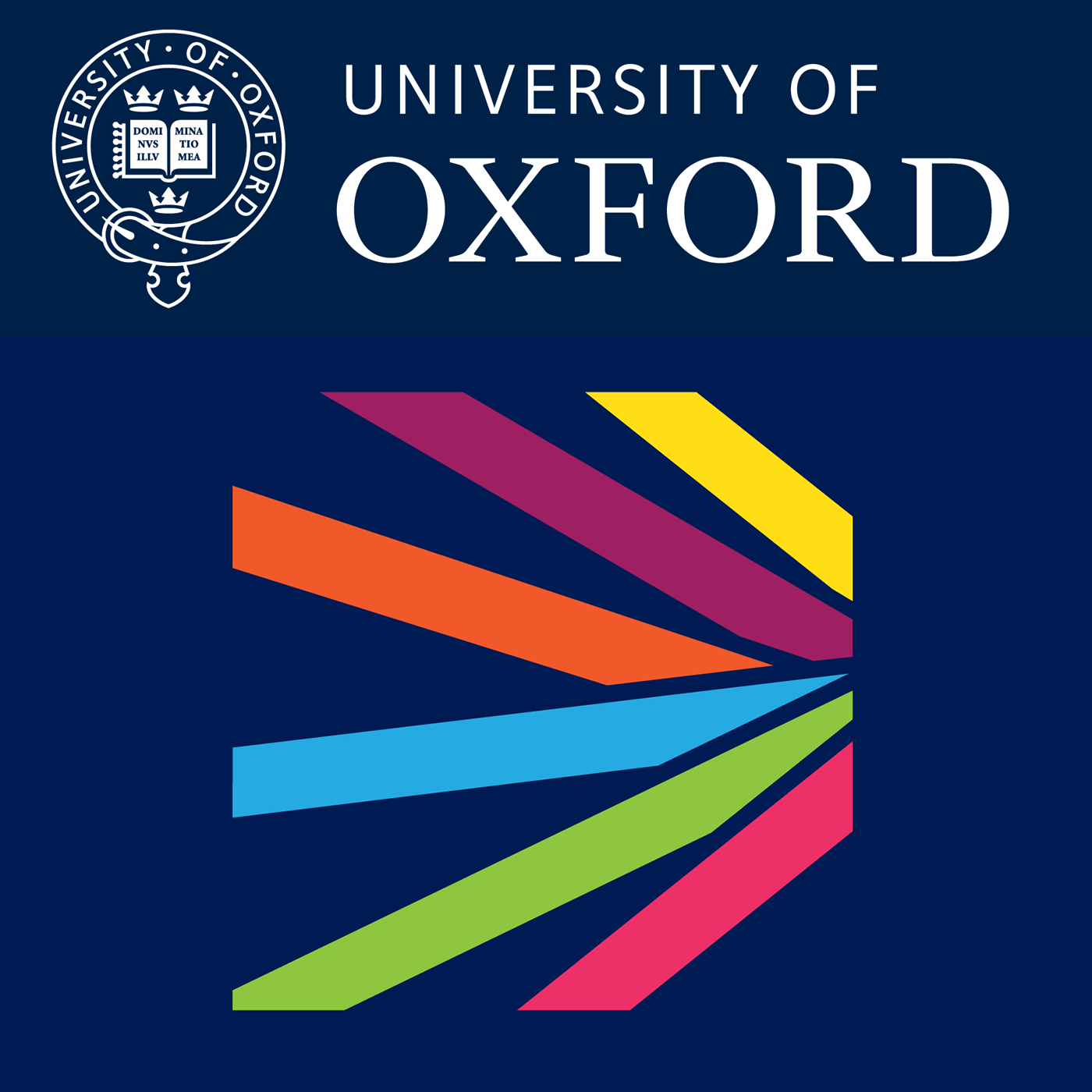The Terra Lectures in American Art: Part 1: Performing Innocence: Belated
Description
Professor Emily C. Burns, Terra Foundation Visiting Professor in American Art, gives the first in the series of The Terra Lectures in American Art: Performing Innocence: US Artists in Paris, 1865-1914. Between the end of the US Civil War and the start of World War I, thousands of American artists studied and worked in Paris. While popular thought holds that they went to imbibe culture and attain artistic maturity, in this four-part lecture series, Professor Emily Burns explores the various ways that Americans in Paris performed instead a cultural immaturity that pandered to European expectations that the United States lacked history, tradition, and culture. The lectures chart knowing constructions of innocence that US artists and writers projected abroad in both art practice and social performance, linking them to ongoing conversations about race, gender, art making, modernity, physio-psychological experience, evolutionary theory, and national identity in France and in the United States. Interwoven myths in art and social practice that framed Puritanism; an ironically long-standing penchant for anything new and original; primitivism designed by white artists’ playing with ideas of Blackness and Indigeneity; childhood’s incisive perception; and originary sight operated in tandem to turn a liability of lacking culture into an asset. In analyzing the mechanisms of these constructions, the lectures return to the question about the cultural work these ideas enacted when performed abroad. What is obscured and repressed by mythical innocence and feigned forgetting?
Performing Innocence: Belated
Abstract:
Why did terms like innocence, naïveté, and artlessness have currency for US artists working in fin-de-siècle Paris? This lecture examines the language employed by artists and critics that applied these terms to Franco-American art exchange. Professor Burns traces the concepts’ emergence and expansion at the end of the US Civil War. Linking the mass exodus to France for study to attempts at cultural rejuvenation, innocence reveals a culture triggered by the realities of war, failed Reconstruction, divisive financial interests, and imperial ambition. The impossibility of innocence gave the myth its urgency and paradox. Engaging with artists from Thomas Eakins and Robert Henri to writers Mark Twain, Henry James and Edith Wharton, as well as journalists, the lecture frames the definitions and stakes of claiming to be innocent and naïve in Paris. In performing these characteristics, these artists and writers built an idea that American culture was belated compared with Europe; the lecture contextualizes this idea of strategic belatedness alongside similar projections in other emergent national contexts.
Biographies:
Emily C. Burns is an Associate Professor of Art History at Auburn University where she teaches courses on eighteenth- and nineteenth-century American, Native American, and European art history. Her publications include a book, Transnational Frontiers: the American West in France (University of Oklahoma Press, 2018), which analyzes appropriations of the American West in France in performance and visual and material culture in the tripartite international relationships between the United States, France, and the Lakota nation between 1867 and 1914, as well as journal articles, exhibition catalogue essays, and book chapters related to art and circulation, US artists in France, and American impressionism. She is currently completing a co-edited volume with Alice Price on global impressionisms entitled Mapping Impressionist Painting in Transnational Contexts (forthcoming from Routledge).
During her tenure as the Terra Foundation for American Art Visiting Professor in the Department of History of Art at the University of Oxford and a Visiting Fellow at Worcester College, Professor Burns will complete her second book
More Episodes
Contemporary poets read from their translations of the Purgatorio and from their poems about Dante. After Dante: Poets in Purgatory, edited by Nick Havely with Bernard O'Donoghue, was published by Arc Poetry in July and marks the 700th anniversary of the poet's death in exile at Ravenna on 14...
Published 12/17/21
Published 12/17/21
A Climate Crisis Thinking in the Humanities and Social Sciences event. Shifting the question from ‘how should climate change be put into the curriculum?’ to ‘how does it transform the curriculum?’ opens up the subject in new ways across the world. How does it change the way in which each subject...
Published 12/15/21


